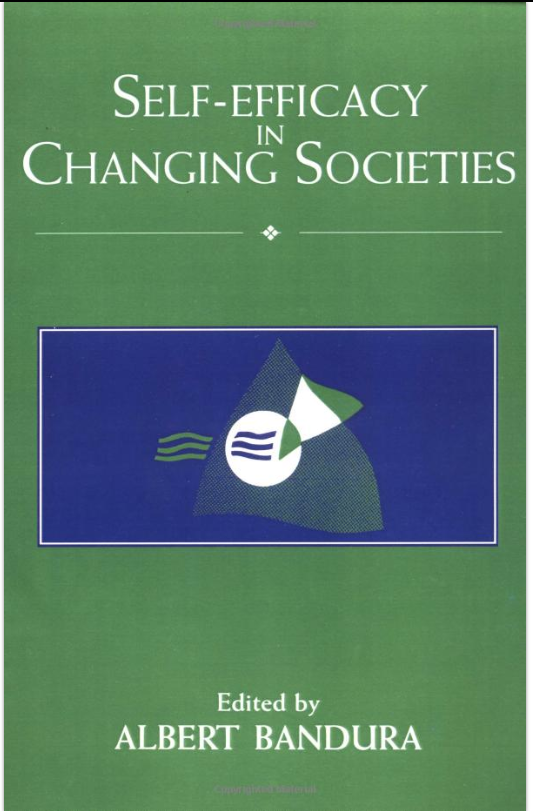Self-efficacy is the perception that a person can act in a way to achieve a desired goal.
In
1977, Albert Bandura of Stanford University wrote an extensive article on the
theory of self-efficacy. He proposed that our perceptions of self-efficacy come
from four sources: “performance accomplishments, vicarious experience, verbal
persuasion, and physiological states (191).”
A
substantial body of research has been done on the concept of self-efficacy.
Recent formulations of self-efficacy focus attention on specific dimensions of
self-efficacy. Thus we find researchers studying the relationship of self-efficacy
to different outcomes like coping with stress, teaching, academic achievement,
and so forth.
Some
researchers have studied self-efficacy on a broad basis but this can lead to
the assessment of competencies in many areas of functioning as seen in the
104-item Self-Efficacy Survey (Panc et al., 2012).
Reading Self-Efficacy Scales >> RSES
Spiritual Modeling Self-Efficacy Scale >> SMSE
Checkout My Page www.suttong.com
My Books AMAZON and GOOGLE STORE
FOLLOW me on FACEBOOK Geoff
W. Sutton TWITTER @Geoff.W.Sutton
PINTEREST www.pinterest.com/GeoffWSutton
Articles: Academia Geoff
W Sutton ResearchGate
Geoffrey W Sutton
References
Bandura, A (1977). Self-efficacy: Toward a Unifying
Theory of Behavioral Change. Psychological Review. 84 (2):
191–215.
Panc, T. Mihalcea,
A., & Panc, I. (2012). Self-Efficacy Survey: a new assessment tool. Procedia
- Social and Behavioral Sciences, 33, 880-884. https://doi.org/10.1016/j.sbspro.2012.01.248.


Comments